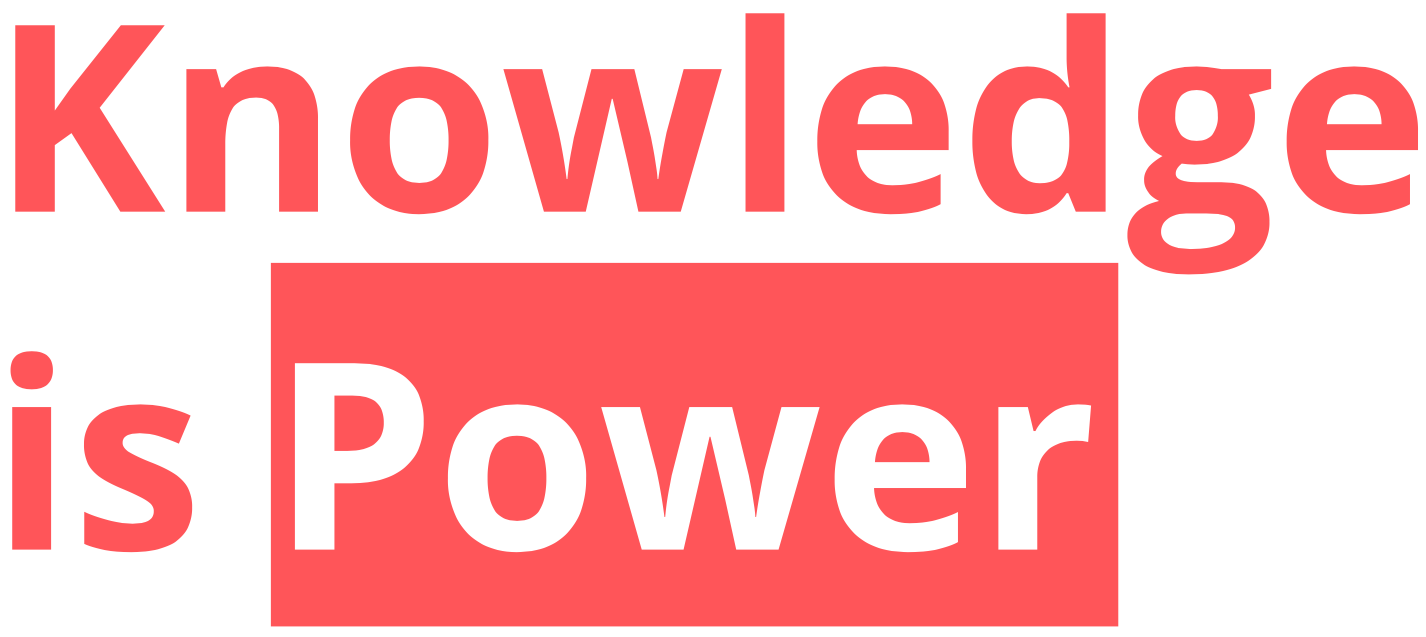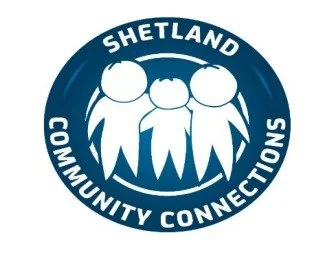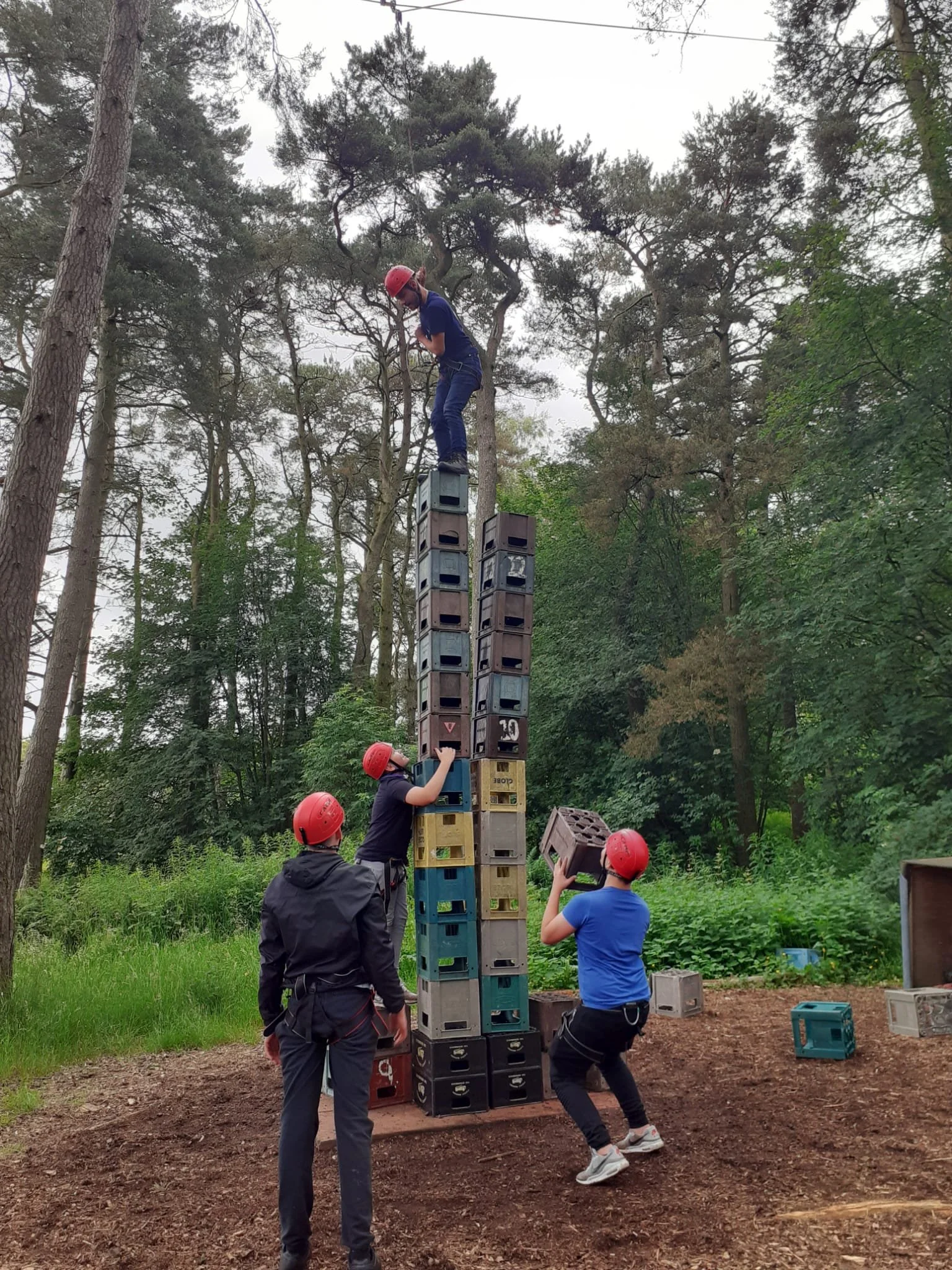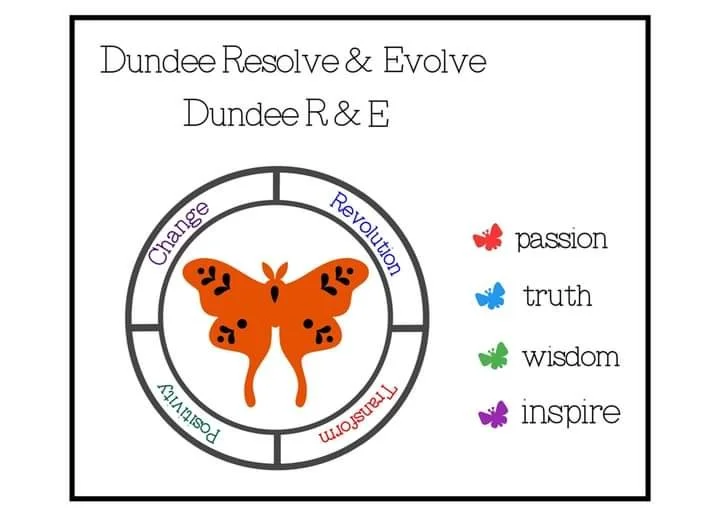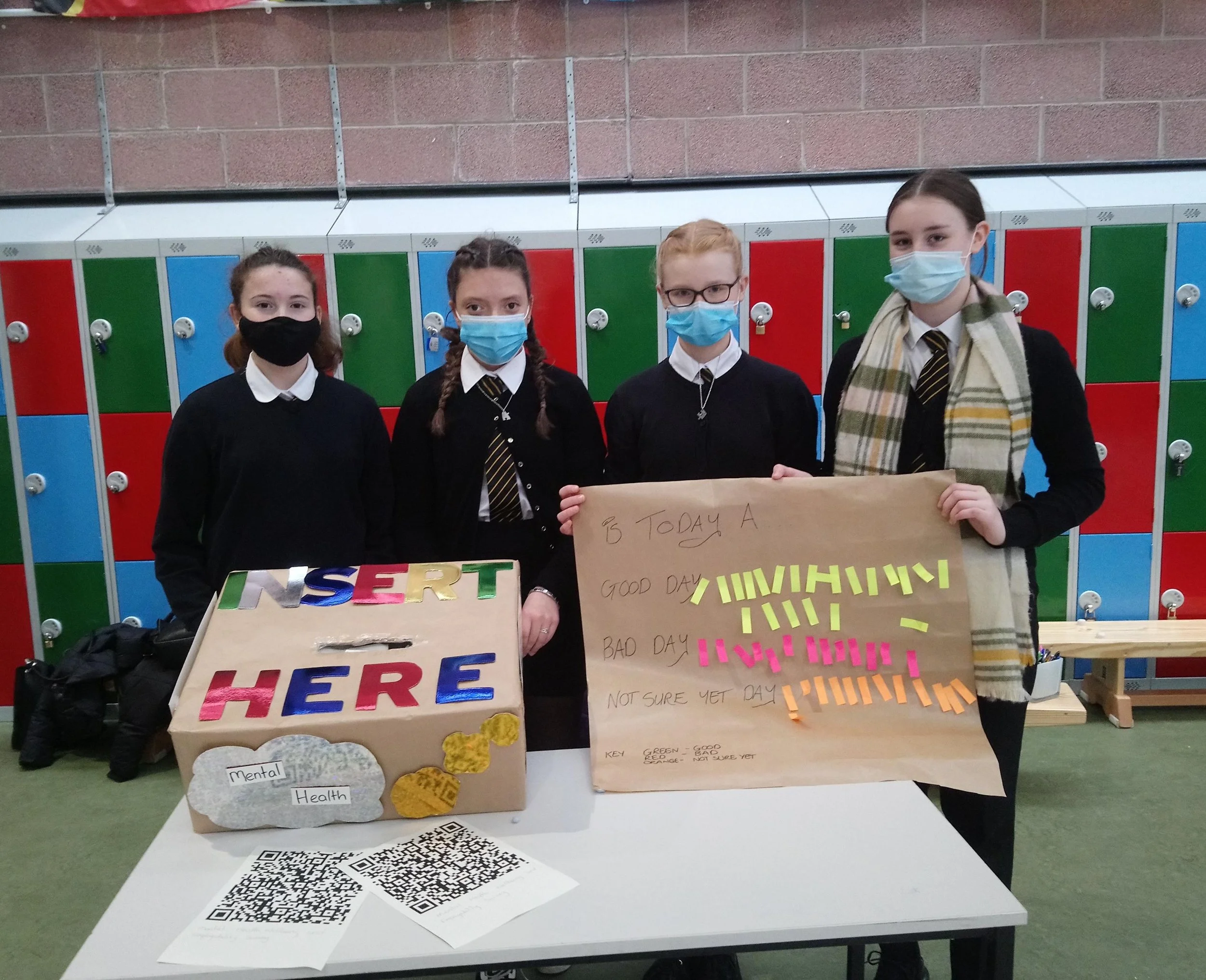Learning
Knowledge of Power Programme Learning Report
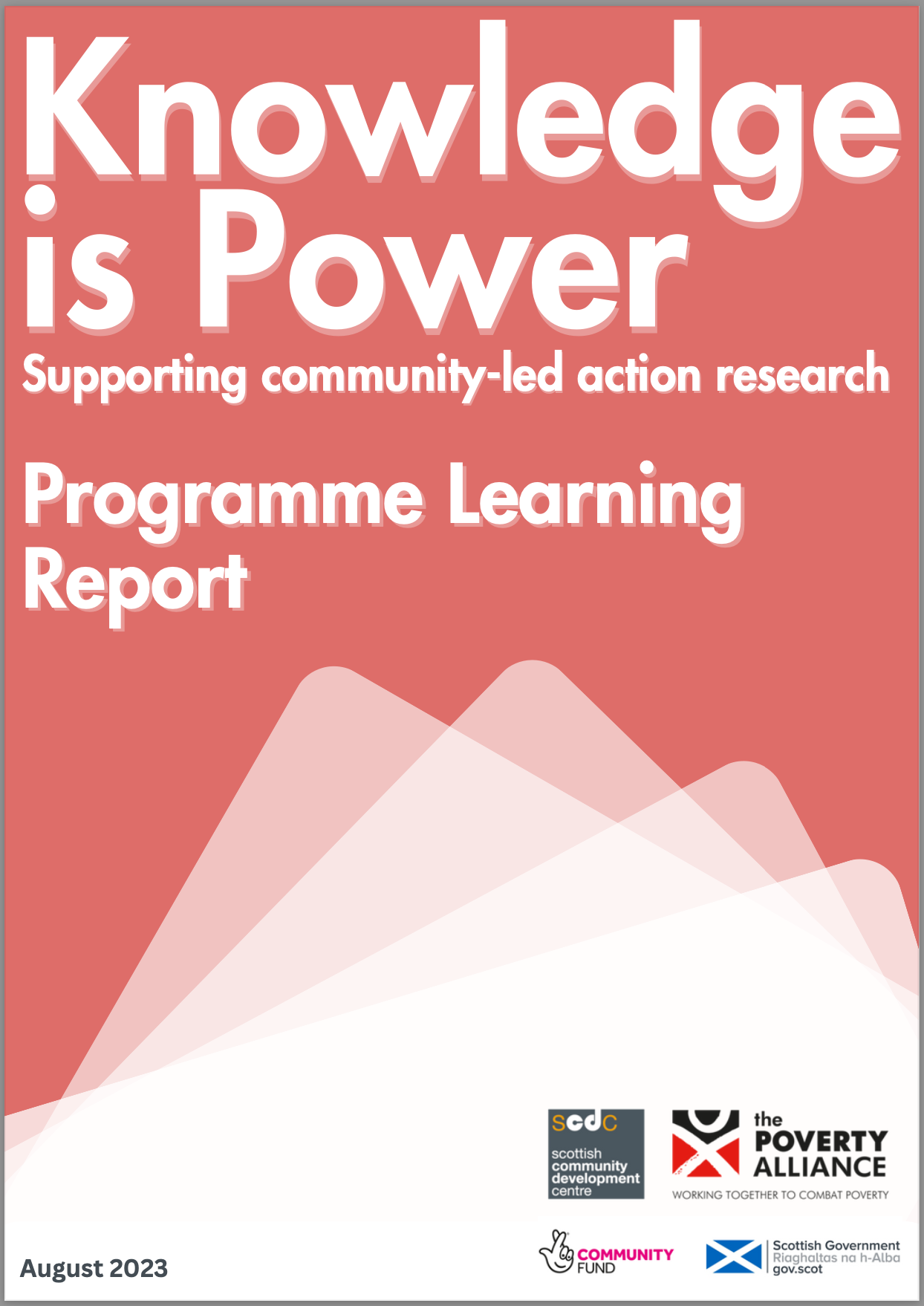
This report brings together the activity and key learning from this programme and highlights the work delivered by the community organisations involved.
Faced with unprecedented circumstances due to the pandemic, these organisations delivered a range of community-led action research with their communities.
Read more here.
Over the course of Knowledge is Power, we’ve pulled together learning from the groups taking part, many of whom have overcome challenging circumstances to conduct innovative research in their communities.
Understandably, the impact of the Covid-19 pandemic made it difficult for groups to conduct their own research in their communities. Lockdown and ongoing social distancing measures made it difficult, and sometimes impossible, to meet face-to-face. Some groups have had no building to operate from during the pandemic. Other groups reported barriers to using digital technology, with poor internet connectivity in some already-disadvantaged areas. Over and above this, the priorities of many groups changed, with direct emergency support to vulnerable people in the community having to come first.
As a result, groups have done what they can to carry out their research projects, with support from the Knowledge is Power team. See below for some of the impressively creative approaches which groups have taken to carry out their own research, as well as the impact this has had on those taking part and on their wider communities.
This case study shows how, with the support of Knowledge is Power, Dunterlie Foodshare successfully completed community-led action research during the Covid-19 pandemic, exploring the benefits, and challenges, of involvement in the Foodshare for local people, services and volunteers.
Through Knowledge is Power, young people in Blackburn, West Lothian have co-created a series of videos on firework safety with Mind Waves.
This report brings together the activity and key learning from the Knowledge is Power programme and highlights the work delivered by the community organisations involved.
With the support of Knowledge is Power, Crossroads Youth and Community Association (CYCA) carried out community-led action research within their community of Gorbals in the Southside of Glasgow. The report from the research is now available.
This Knowledge is Power case study of Shetland Community Connections shows how, with the right support, a determined and spirited community group can produce research that has made service providers and businesses take notice of what they need to change to make social events more inclusive.
This Knowledge is Power case study describes how Dundee-based Taking up Sophie’s Fight were able to come up with important findings about people struggling to find much-needed mental health support during the pandemic, as well as people’s priorities for what services they would like to see.
A range of circumstances meant that Aberdeen in Recovery’s Knowledge is Power project couldn’t be completed. However, important learning has been generated as a result, including AiR’s advice on what to consider when embarking on community-led action research.
Read the key learning points from Knowledge is Power, in the write-up of our end-of-programme shared learning and celebration event, which was held online on Thursday 16th June.
This Knowledge is Power case study from Moray Wellbeing Hub demonstrates how community-led action research can be a great tool in empowering people to challenge stigma and to encourage better ways of thinking and talking about issues - in this case mental wellbeing.
Through their involvement in Knowledge is Power, Falkirk Youth Involvement (FYI) Group have been carrying out action research with young people in the Falkirk Council area, based on topics that are important to the lives of young people and the services that Falkirk Council deliver. This case study highlights some really useful learning, particularly when supporting young people to carry out their own research.
Through Knowledge is Power, Dundee group, Taking Up Sophie’s Fight have conducted a digital as well as printed survey to gain further understanding and information about accessing mental health services. The research is proving to be useful at informing the group’s wider work going forward, develping a Mental Wealth Academy and working with local agencies to improve how mental wellbeing is supported in the community.
Moray Wellbeing Hub’s project update describes how the group conducted community conversations in order to co-design resources aimed at increasing understanding of, and improving support for, neurodiversity in Moray.
Shetland Community Connections show how online communication and vital support costs have been used to get a research project started despite challenging circumstances, a project with the potential to have a real impact on disabled people’s lives.
Falkirk Youth Involvement (FYI) Group describe how their Knowledge is Power project supported different groups of young people to help plan and carry out research into areas they were interested in. The FYI group have turned the challenge of young people continually moving on from the project into a strength by using this as an opportunity to freshen things up with new research topics and give as many young people as possible the chance to gain new skills.

